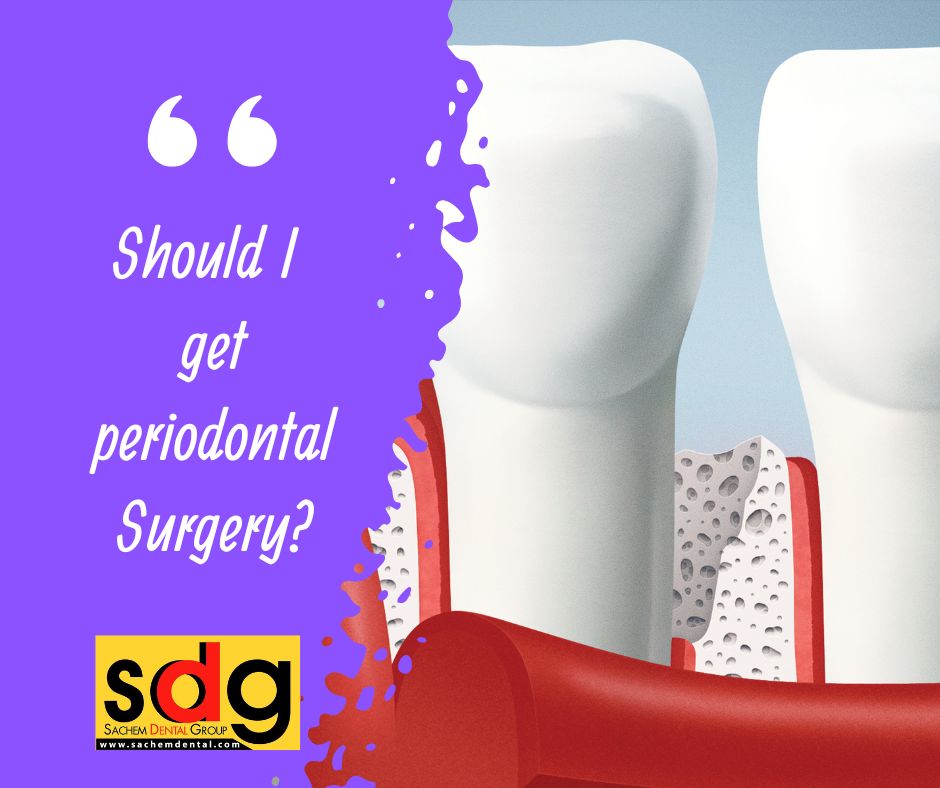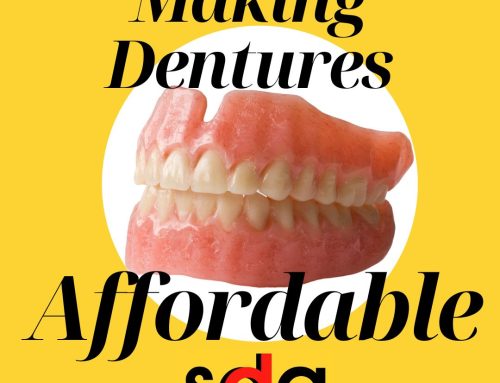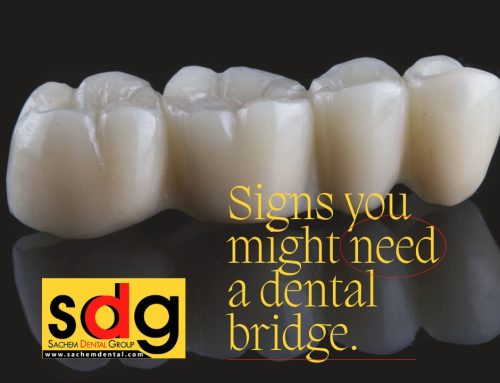
If you suffer from periodontitis, or severe gum disease, you may be wondering if periodontal surgery is the right treatment for you. Periodontal disease can lead to other serious health problems, and if it’s not treated it could result in tooth loss. If left untreated, gingivitis will worsen and become periodontitis, eventually causing the gums and bone to recede around the teeth, increasing your risk of heart attack, stroke, pneumonia, and difficulty managing diabetes.
When your gum tissues are severely damaged or diseased, periodontal surgery may be necessary.
1) Bleeding Gums Because of Periodontal Infections
Bleeding gums is a sign of periodontal disease. It’s triggered by plaque buildup on your teeth, which causes inflammation and an increase in antibodies rushing to that area. If your gums bleed during brushing or flossing and do not improve with traditional deep cleanings, periodontal surgery such as crown lengthening, pocket reduction, or flap surgery may be required.
2) Swollen Gums
The immune system’s response to infection is to release chemicals that cause the tissues to become inflamed. With aggressive periodontal disease, your gums will often become red and swollen, as well as sore. This can happen with or without any pain. In cases of severe infection, pus and other fluids will form in the gum pockets near the teeth, making it difficult to brush your teeth or eat anything solid. Gum flap surgery allows our Long Island dentists to treat the infection at its source: around your tooth roots.
3) Bad Breath
Halitosis is a common side-effect of chronic periodontal disease. Deep cleanings or surgery are often required to remove the bacteria that lurk far below the gumlines. No amount of breath mints or mouthwash will hide the odor or taste in your mouth.
4) Sensitive Teeth from Periodontal Disease
As your gums recede because of periodontitis, teeth become more sensitive and prone to decay or loss as the roots are exposed. If you experience pain in your teeth or gums, it’s a sign that you may need periodontal surgery. Especially if there are visible areas of exposed roots or root-surface cavities. The good news is that periodontal surgery with gum grafting can re-cover these areas, protecting your teeth from sensitivity and bacteria.
5) Receding Gums
Receding gums is a common side effect of gum disease. If the gumlines are extremely low and the tooth root is visible, it can be a sign that you need periodontal surgery. Gum recession occurs when the tissues of your gum and bone around your teeth are destroyed by gum disease. In some cases, this can lead to tooth loss as well. Receding gums are caused when the bacteria that triggers gum disease has eaten away at the supporting ligaments and bone that holds your teeth in place. Periodontal surgeries such as bone or gum grafting may be suggested.
6) Mobile Teeth Due to Periodontal Progression
Loss of supporting tissues will cause teeth to become mobile, sore, and fall out without periodontal surgery. If left untreated, teeth may shift and become misaligned, causing irregular biting pressure points that make the misalignment even worse. Periodontal surgeries can help retain natural tooth placement and stability, reducing your risk of tooth loss overall.
Request an Appointment
If you suspect that you have aggressive periodontal disease, call Sachem Dental Group in Suffolk County for an exam at your earliest opportunity.






